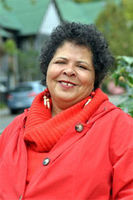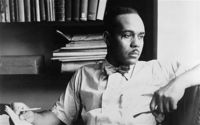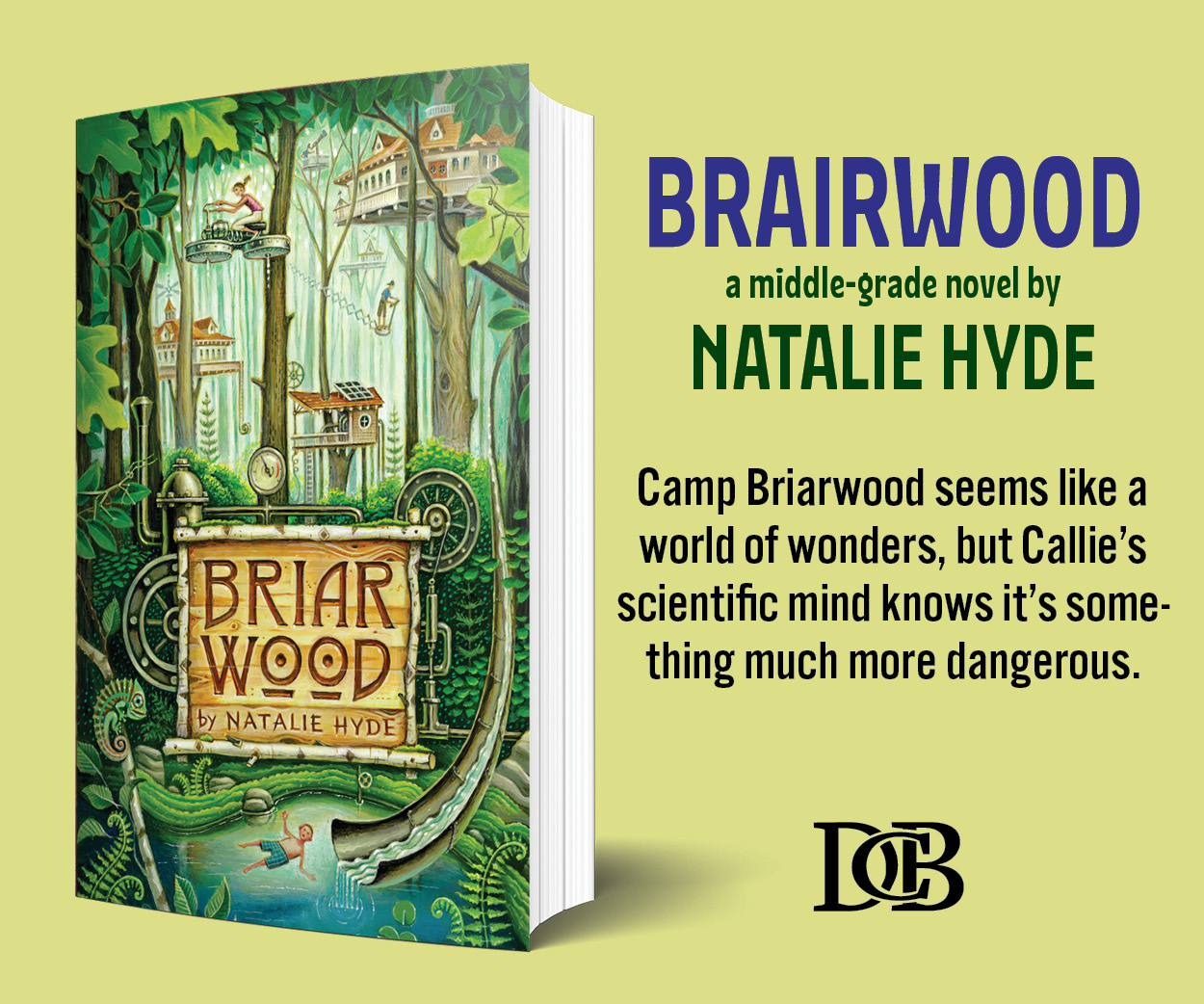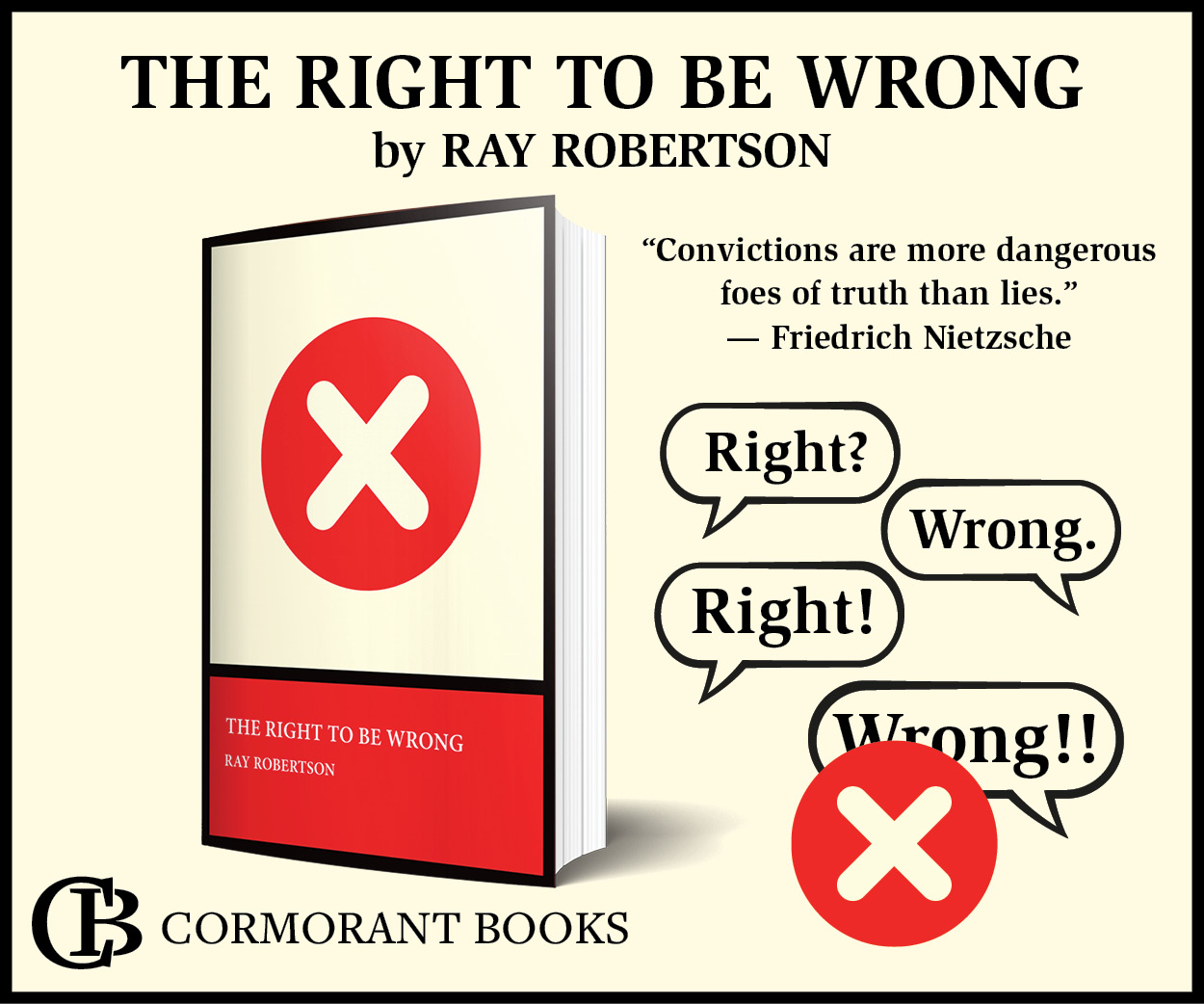Posthumous Lit: How Do You Capture a Dead Author’s Voice and Intentions?
By Dalton Higgins
You all know the saying. It goes something like this. The only three things guaranteed in life are death, taxes, and the Toronto Maple Leafs not making the playoffs. Okay, so I tacked on the latter Leafs part for effect, but just work with me here. And my 2015 taxes just got paid up, so that’s real - Canada Revenue Agency, holla! Now, when it comes to that whole going six feet under and entering the spirit world thing, I’m not fully convinced that anyone outside of maybe the Grim Reaper has a full grasp on what all of this means. Including those in the publishing industry.
I had an interesting epiphany the other day, and it involved a few writers I know who occupy the same black popular culture and tech-space that I exist in and who both passed away recently well in their prime in their 40s. First, there’s British Columbia bred digital media guru and writer Mclean Greaves who built Diddy (P Diddy) and Spike Lee’s first websites. He’s also known as the person who first introduced author Margaret Atwood to twitter - and we can see how that all worked out as Atwood has over 1.2 million followers. Then there’s Peter Dean Rickards aka Afflicted Yard, a photographer and essayist who split his time between Jamaica and Toronto, and whose blog diatribes and essays were legendary. He was also known as the only guy in the world to have taken a photo of the iconic UK graffiti artist Banksy who takes great lengths to obscure his identity.
There were always rumblings on the scene that both of these immense talents were working on books at one point in time or another. If they were, sadly, neither projects got to see the light of day. And it’s a damn shame that there may not be any literary document released to properly account for their seismic contributions to the world of popular culture.
While you may or may not know about Rickards or Greaves’ vast contributions to the writing world, I can definitively inform you that reading a book by either of them might have altered the literary landscape given their unique stylistic sensibilities and voice. I would implore you to google their names and check out some bite sized samples of their works which will live on in the internet ether.
Or consider this. It was only in March of 2016 that bibliophiles learned that his musical Holiness late musician Prince was working on an autobiography slated for release by Random House imprint Spiegel and Grau sometime in 2017. Given his sudden and tragic death, I’m not entirely convinced the world will really get to know what made this musical savant tick – in his own words.
Your CanLit News
Subscribe to Open Book’s newsletter to get local book events, literary content, writing tips, and more in your inbox
So here’s the question, to which I don’t know the answer. When accomplished writers and artistes pass away and leave behind a body of unfinished manuscripts, what exactly are their families supposed to do with these rough story fragments buried somewhere on their hard drives? Best-selling author, and class act, Lawrence Hill (Book of Negroes) who kindly agreed to be interviewed for my book Fatherhood 4.0, managed to help complete and co-edit his late sister Karen's fantastic posthumous novel Café Babanussa that was picked up by HarperCollins Canada after her death in 2014 and released in February of 2016. Lawrence went ahead and held a book launch for his late sister’s book, and willingly promoted it, because Karen had worked on the manuscript for over 20 years, and I imagine that’s exactly how she would have wanted things to unfold had she been alive.
Posthumous literary projects raise a whole bunch of interesting questions naturally. You can fully hear and feel Karen Hill’s genuine voice in Café Babanussa, because she had worked on the manuscript for many years while she was alive, and it just needed some editing to bring it to the finish line. Whereas some other posthumous book projects leave a little less to be desired. One of my favorite books of all time is Invisible Man by Ralph Ellison, a masterfully written canonical work about race, intelligence and individuality which outpaced Ernest Hemingway’s Old Man and the Sea for National Book Award honors in 1953. Ellison passed away having written that lone book. The subsequent posthumous follow up tomes released under his name, Juneteenth and Three Days Before The Shooting, that were worked on by his supporters, just never managed to capture the attention of readers in anything remotely close to the same way as Invisible Man. I would imagine that cobbling together unfinished work could not be an easy task, and we often sometimes wonder whether some of the author’s themselves, if they were alive, would have wanted these unpolished works to be put out into the world.
The views expressed by Open Book columnists are those held by the authors and do not necessarily reflect the views of Open Book.
Dalton Higgins is an author, publicist and live music presenter whose six books and 500+ concert presentations have taken him to Denmark, France, Curacao, Australia, Germany, Colombia, England, Spain, Cuba and throughout the United States. His biography of rapper Drake, Far From Over, is carried in Cleveland’s Rock n’ Roll Hall of Fame & Museum collection, and his Hip Hop World title is carried in Harvard University’s hip hop archive. His latest book is Rap N’ Roll. For updates on Dalton Higgins’ writing, follow him on twitter: @daltonhiggins5





